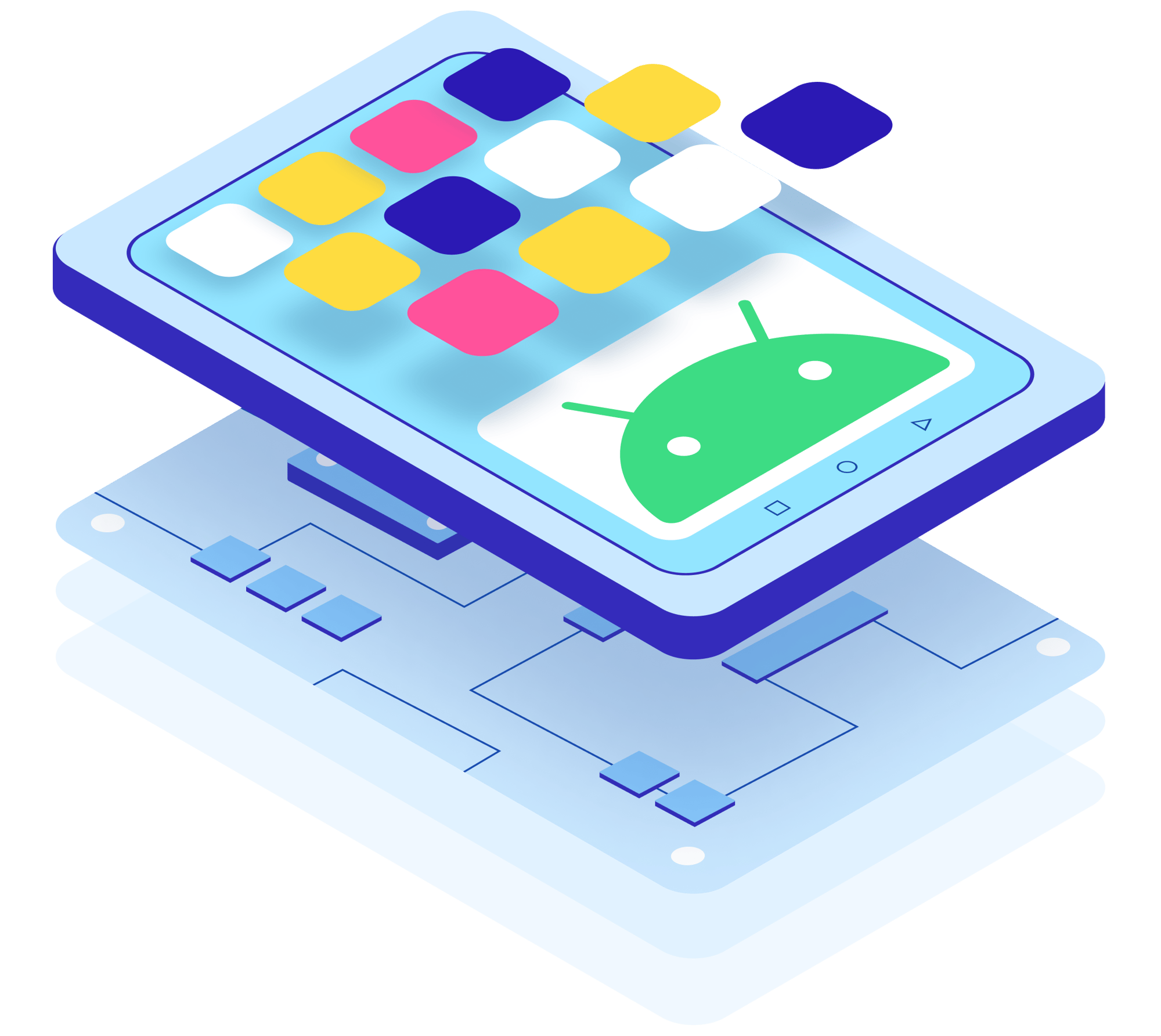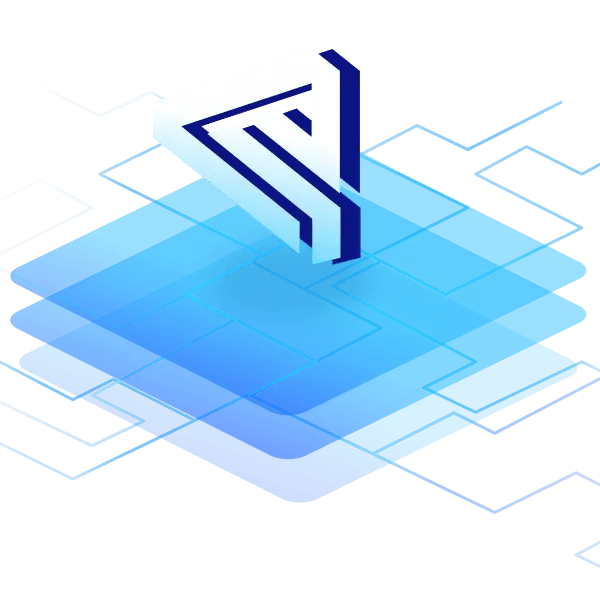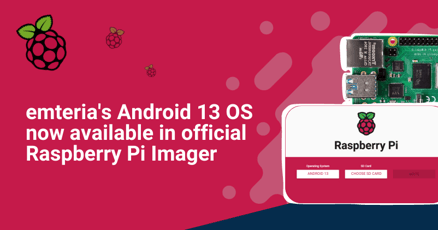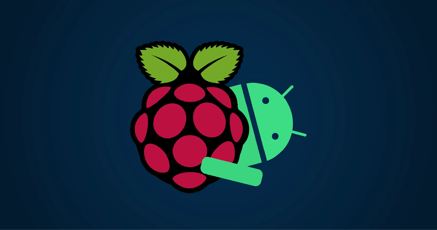Although Linux has historically been the first choice to run on embedded devices and Single-Board Computers (SBCs), Android provides a powerful alternative—if you can find a version that works on the SBC you're using. Embedded Android has several advantages over Linux, such as a sophisticated touchscreen user interface and a strong app concept that supports building whole product ecosystems.
But it can be challenging to choose the right Android development board. Hardware incompatibilities, Android board pricing, and performance all play a role in determining which is the best SBC for running Android for you.
Let's dive into the topics to help you figure out which Android board you should choose.
Factors affecting your choice of an Android single board computer
The Android Open Source Project (AOSP) doesn't run on every hardware configuration. Android provides a Hardware Abstraction Layer (HAL) that communicates with the underlying Linux kernel to perform OS-specific functions, but it's up to the Linux kernel to directly communicate with the hardware. It does this through drivers that the board manufacturer provides.
Google's version of Android contains proprietary software that companies need to get a Google Mobile Services (GMS) certification to install on devices. The Android board would need to meet very rigorous standards, including running the latest or second-latest version of Android, to obtain a GMS certification. So, using Google's version on an SBC is almost always out of the question.
The two Android Boards that Google officially works with tend to be difficult to get and aren't always well supported.
Because of these challenges, developers must turn to alternative versions of Android, and it can be difficult to find one that's compatible with the SBC you want to work on.
The price also plays a factor in choosing an Android board. The Raspberry Pi is one of the cheapest SBCs on the market that still offers excellent functionality. The Radxa ROCK Pi has better performance and was once easier to buy.
Both the Raspberry Pi and ROCK Pi will need an Android custom ROM that runs on them to be operated as Android boards.
Why run Android on a single board computer?
Android was designed from the start to work on ARM chips, which are used on virtually all constrained-resource devices. It's a highly optimized operating system that is widely used to build all sorts of products. The OS's large and vibrant ecosystem means that developers using an Android development board can access a wide array of Android-specific resources to help them achieve their purposes with that Android board.
You also gain access to thousands of Android apps when you choose an Android board over a Linux one. AOSP is a great choice to build a product ecosystem that is open to third-party app developers.
Android boards are especially useful in an enterprise or industrial context. They're affordable, allowing enterprises to invest in many low-cost, high-performance devices that leverage the excellent user interface and functionality that Android provides.
Finally, Android is under constant development by a large and active community, so devices can be updated and receive regular security patches as they come out.
Is there an Android based development board?
No specific development board exists that's fully supported by Google. To develop on an Android board, you'll need a version of Android that works on that board, such as those provided by emteria, which support a wide variety of SBCs.
What to look for in an Android SBC image
AOSP Android won't run out of the box on many SBCs, and Google's version of Android doesn't support some of the most popular SBCs. This means you'll need to find an Android version that works on your chosen Android board.
The most important elements to look for when considering to install an Android Board image are:
- Recent version of Android
- Regular updates
- Compatibility with the underlying hardware
- Documentation
- Community support
- Performance and resource efficiency
- Reputation
- Enterprise support if you'll be using it in a business context
If the Android board image is several versions behind the latest Android version, your experience will be limited, and end-users might feel frustrated because of a lack of features.
For businesses that want to build a fleet, enterprise support is crucial, as is the need for regular updates. Mobile Device Management (MDM) features would be a bonus.
What Android development board solutions exist?
The "official" Google Android development boards don't work out of the box with AOSP. You need to download the respective Board Support Package (BSP) from the manufacturer to get them started.
But several other excellent development boards for Android exist, with differing capabilities. Deciding on the best SBC for running Android depends on the device's ultimate purpose, balanced by the cost of each individual device.
Raspberry Pi
For many use cases, the Raspberry Pi might be the best SBC for Android, especially if low cost is the primary driver of your choice. It's definitely one of the cheapest Android development boards.
Using emteria, you can run Android on several Raspberry Pi models, including 3B, 3B+, and 4B.
Radxa ROCK Pi
The Radxa ROCK Pi is another extremely popular ARM Android development board. Model 5B typically costs about twice as much as the Raspberry Pi's flagship model, the Pi 4B.
Linux support for the ROCK Pi 5b is still a bit behind, which adds to the reason why Android is such a great choice for this powerful device.
Which is the fastest Android board?
The Radxa ROCK 5B is three times faster than Raspberry Pi 4 in read operations. When it comes to storage, the ROCK Pi is seven times faster. The Raspberry Pi is an excellent SBC in its own right, and both Android boards have their particular use cases.
Read the whole comparison between ROCK 5B and Raspberry Pi 4B
Use emteria for a simple Android board solution
Using emterias Android for prototyping and POC (proof of concept) is an excellent choice because emteria works on several Android boards out of the box. That means you can focus on your product's specific features instead of wasting time trying to get the OS to work on the underlying hardware.
Emteria provides enterprise support for its version of Android. Once prototyping is completed, porting Android to custom hardware and industrial platforms is the next step. The Android OS receives regular Over-the-Air software updates and security fixes, and emteria's device management solution empowers fleet managers to manage devices remotely, run updates, and check in on their performance as needed.
Contact emteria today to learn more about how to use it in your next Android board project.
You already have a ROCK or a Raspberry Pi?
Save your free Android OS starter plan with all features and no time limit — build Android products powered by Rock or Raspberry Pi.
No credit card required.



.png?width=620&height=400&name=Root%20Store(4).png)




